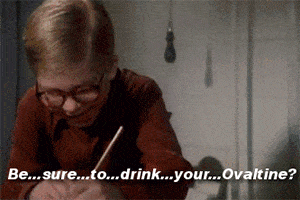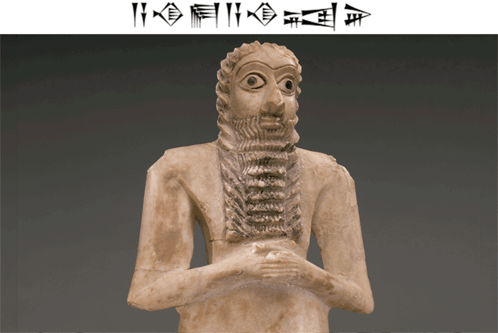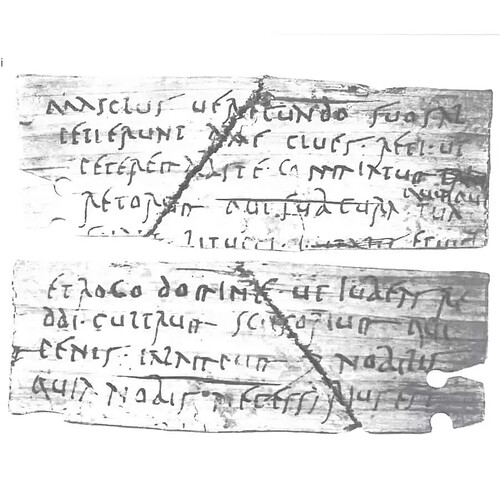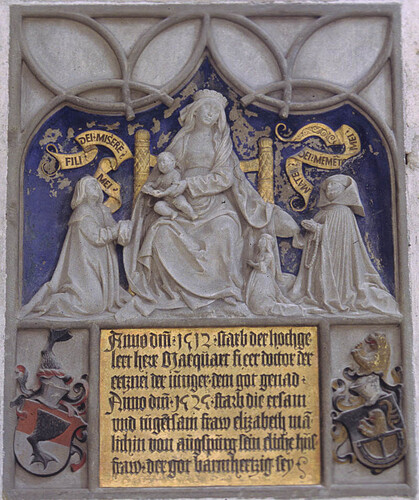IYKYK
INRI
I don’t know if the author Paul Beatty made this up or was merely reporting it, but he wrote of a rastafarian who declared that it meant “I, Negro, Rule I-ternally.”
From NYT Gameplay (by Sam Corbin)
Imagine being so famous that your name appears in the dictionary. Such is the case for David Lynch, the film and television auteur nonpareil who died this month at the age of 78. The influence of Mr. Lynch remains in the term “Lynchian,” an adjective that has come to describe a combination of the eerie and the mundane.
A New York Times article characterized the term as follows: “‘Lynchian’ evokes the bland wholesomeness of an American Midwestern suburb, wrapped around something unnaturally vile — the discovery of five stray molars in a tuna casserole. A man kills his wife? Not Lynchian. A man kills his wife because she keeps buying the wrong peanut butter? Pretty Lynchian.”
While he may be the only figure to evoke the image of teeth tucked into a tuna dish, Mr. Lynch is not the only person with his very own word. For centuries, celebrities both real and fictional have lent their names to the lexicon via what’s known as an eponymous adjective.
A brief digression: The New York Times Stylebook defines “precise, traditional usage” of the term “eponym” as referring to someone who gives a name to something else — “eponymous,” by consequence, “describes the giver of the name, not the receiver.” According to this definition, the expression “eponymous adjective” wouldn’t make sense unless there was a Mr. Adjective who gave his name to it. (And is there a Mrs. Adjective?)
Terms like Keatsian, Boschian, Kafkaesque and Freudian make no secret of their ties to prominent figures, as they remain capitalized. But other eponymous adjectives walk among us unseen. When you feel tantalized, you’re craving something you can’t have — much like Tantalus, who was tortured by a pool of water he wasn’t allowed to drink. Your next ritzy outing owes its glamorous connotations to César Ritz, the grand hotelier. And if you’re narcissistic, it’s not about you! Narcissus merely gawked so you could run.
But you don’t have to be famous to turn your name into a part of speech, and no one can stop you. I learned, some years ago, that my cousins had turned my side of the family’s last name into a verb for dawdling — perhaps fairly so, since every clock in our house was set a few minutes ahead to trick us into leaving on time. Your adjective, verb or adverb may be limited to your “familect” (or, uh, “marriage language”), but you’ll be speaking it into existence regardless. And who knows? One day, it might just be lowercase.
Tbf, you are comparing epigraphy to palaeography.
Roman handwriting was rather hard to read
and gothic epigraphy is comparatively easy
That said, especially later gothic scripts definitely chose aesthetics over readability
TIL… there actually IS an english work for Schadenfreude…
Again: cases.
Centurion. i … te. domus? Nominative? ‘Go home’, this is motion towards, isn’t it boy?
Brian. Uh, uh, dative!
[Centurion draws sword and holds it to Brian’s throat.]
Brian. Oooohh, not dative, not the dative sir! No, ah, oh, the accusative, accusative! Uh, domum, sir! ad domum!
Centurion. Except that domus takes the …
Brian. The locative, sir!
Centurion. Which is?
Brian. domum!
Centurion. domum. dom … um. Understand?
TIL they did a pretty good job with the dubbing auf Deutsch
Nice find. Epic!
The spanish translation/adaptation of Life of Brian is also great. They changed “Biggus Diccus” for “Pijus Magnificus” which has more or less the same meaning, but sounds even more latin.
And Brian’s father was “Traviesus Maximus”. And the other example was “Quasimeus” instead of “Sillius Soddus”
This scene was specially difficult to adapt, as many of the “R/W” jokes don’t make sense in spanish, and they had to change his lisp to “R/G”. So he’s not a “woman” but a “goman”

Time Patrol Bon. Season 2 Episode 11.
The protagonists of this japanese cartoon travels through tie and save innocent lives. In on episode, they visit the ancient city of Mohenjo-daro and learn about the commercial credentials used by the local people. In another episode, they have to save the village of two teenagers who use clay tablets with strange doodles to communicate and eventually start a romance.
Given the nature of the culture (farming and trade), and comparing with other civilisations, those are probably inventories or invoices. Or a customer complaint.
Ea-Nasir feelings.

My mother was a berserker. If there was an animal being mistreated, she’d black out and attack the person. Scottish ancestry.
Also, some English dialects say “egge” instead of “ey,” “are” instead of “sind,” reintroduce “she,” add “they,” distinguish “sky” from “heaven,” “skirt” from “shirt,” etc.








